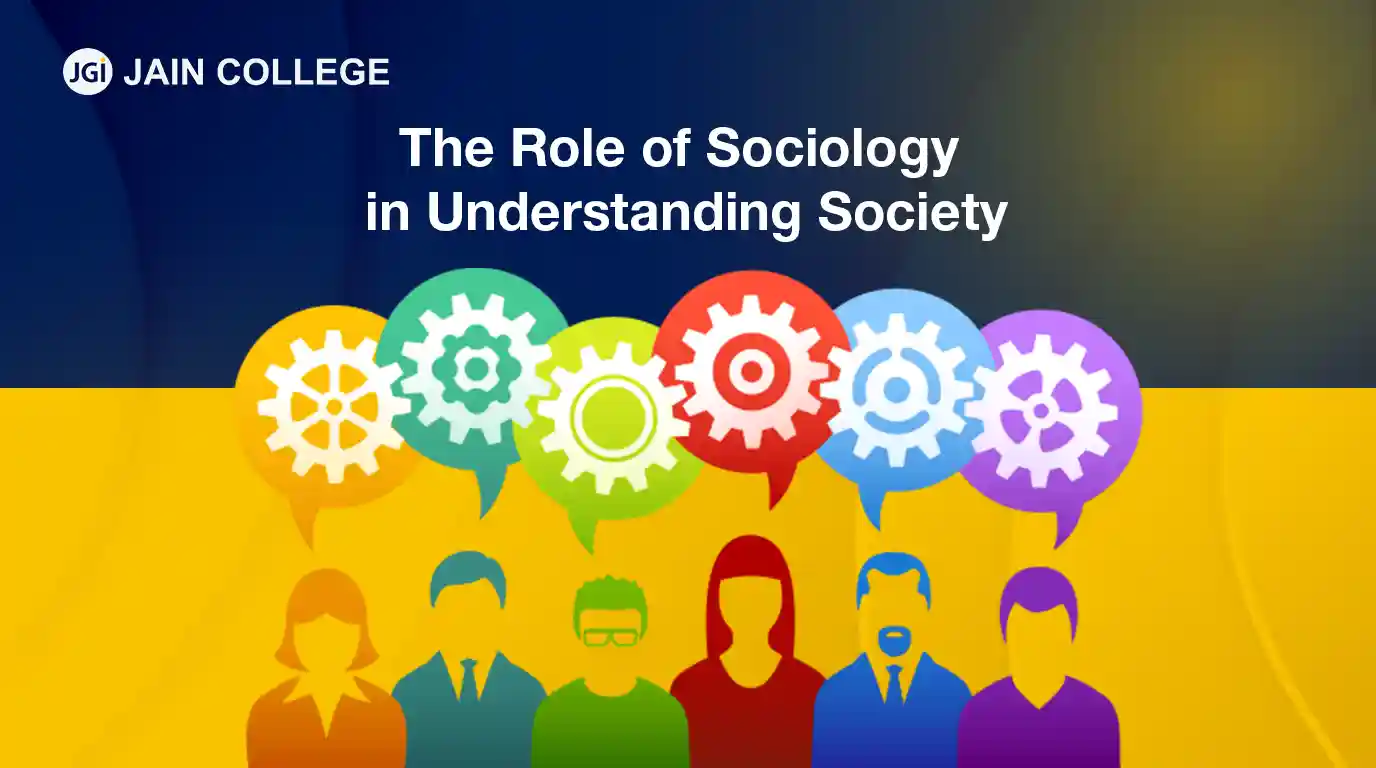
Sociology, often referred to as the "science of society," delves into the complexities of human relationships, social behaviours, and institutional structures. By studying sociology, we uncover the intricate threads that bind individuals into communities and broader societies. Its importance cannot be overstated in today’s rapidly evolving global landscape.
Sociology is a social science that examines human behaviour in group settings, focusing on patterns of relationships, social structures, and cultures. It seeks to understand how individuals influence society and vice versa.
Social structures are the organised systems within societies, such as families, governments, and educational institutions. They form the backbone of societal functioning.
Sociology examines how these structures maintain order, enforce norms, and shape individual behaviours. For instance:
By understanding these frameworks, sociologists propose reforms that address systemic issues, such as inequality or inefficiency.
Culture defines the values, beliefs, and practices of a group. Sociology offers insights into cultural diversity and its impact on societal behaviour.
Sociology demonstrates how culture influences societal development. For instance, comparing collectivist cultures with individualistic societies reveals how cultural norms affect economic and social priorities.
Sociology plays a significant role in crafting policies that address societal needs. Its data-driven approach informs public policies aimed at social welfare and justice.
Inequality, in its various forms, remains a persistent societal challenge. Sociology identifies its causes and advocates for equity.
Sociology provides actionable insights, such as:
Social change refers to the shifts in societal norms, behaviours, and structures over time. Sociology investigates the catalysts and implications of these changes.
Sociology explores why some societies embrace change while others resist, offering strategies to mitigate tensions during transitions.
While psychology focuses on individual behaviour, sociology examines collective dynamics. Together, they provide a comprehensive understanding of human interaction.
Both disciplines study human societies, but sociology emphasises contemporary societies, whereas anthropology often examines historical and indigenous communities.
For example, a sociologist might study how group behaviours influence mental health, blending insights from psychology and sociology.
Sociology is grounded in theories that guide its analyses of human behaviour and social dynamics.
This theory likens society to an organism, where each part functions to maintain stability. Institutions like schools and governments are essential for societal cohesion.
Rooted in Marxist thought, this theory focuses on power struggles and inequalities within societies. It often critiques capitalism and advocates for reforms.
This micro-level theory examines how individuals interact based on shared symbols, such as language and cultural norms.
Globalisation has created a highly interconnected world. Sociology analyses its benefits and challenges.
Climate change poses existential challenges, and sociology provides a human-centric lens to address them.
Sociologists study how societal behaviours contribute to environmental degradation. For instance, industrialisation’s environmental toll is a key focus.
Sociology equips students with skills applicable across industries, making it a versatile career foundation.
Sociology is not without its challenges, from resource limitations to resistance to applying findings.
Sociologists strive for objectivity but must navigate personal and societal biases.
Practical implementation of sociological insights can face bureaucratic or political hurdles.
| Aspect | Sociology | Psychology | Anthropology |
| Focus | Societal structures | Individual behaviour | Human cultures and evolution |
| Methods | Surveys, case studies | Experiments, interviews | Ethnography, archaeology |
| Applications | Policy, education | Therapy, mental health | Cultural preservation |
Sociology offers invaluable insights into the fabric of society, enabling us to understand and improve the world we live in. Its role extends from analysing social structures to fostering inclusivity and driving policy changes. As we face new challenges in a globalised and digital world, sociology remains a critical tool for creating harmonious and sustainable communities.
Frequently Asked Questions (FAQs)To understand and analyse human behaviours, societal dynamics, and cultural patterns.
Sociology identifies the root causes of inequality and advocates for equitable policies.
Yes, sociology explores how digitalisation influences communication, relationships, and work.
Fields like social work, market research, public policy, and education offer opportunities.
Absolutely! Sociology promotes sustainable practices and community-driven environmental conservation.

JAIN PU College, a part of the renowned JGI Group, is committed to empowering students with quality education.
Beyond academics, the college ensures its online content reflects the same standard of excellence. Every blog and article is meticulously vetted and proofread by subject matter experts to ensure accuracy, relevance, and clarity. From insightful educational topics to engaging discussions, JAIN PU College's content is crafted to inform, inspire, and add value to its readers, reflecting the institution's commitment to intellectual growth and innovation.
View all Blogs